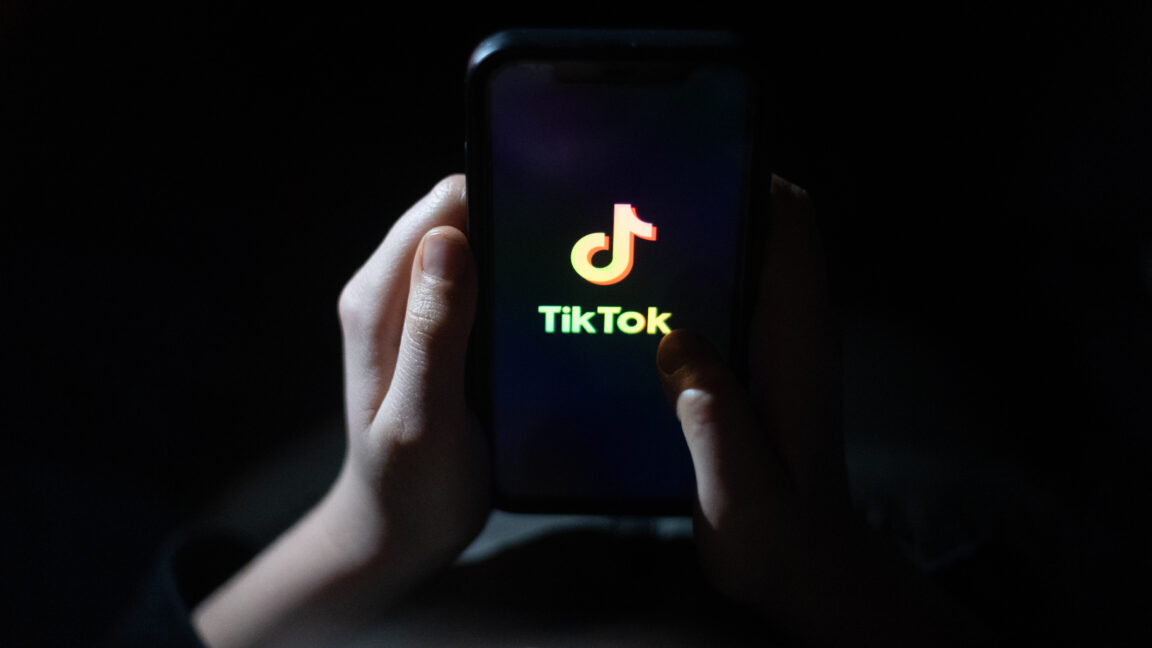Kids and teens can make some pretty hairbrained choices sometimes. But when a kid's choice is to engage in a TikTok challenge that threatens their life, psychiatrists can struggle to understand if it was just an exasperating poor choice born out of impulsivity and immaturity or something darker—an actual suicide attempt.
In a Viewpoint published today in JAMA Psychiatry, two psychiatrists from the University of Tennessee Health Science Center at Memphis raise the alarm about the dangers and complexities of TikTok challenges. They're an "emerging public health concern" for kids, the psychiatrists write, and they're blurring the lines between unintentional injuries and suicide attempts in children and teens.
The child and adolescent psychiatrists Onomeasike Ataga and Valerie Arnold say that their psychiatry team first saw injuries from TikTok challenges during the COVID-19 pandemic, but the trend has continued since the pandemic eased. Over recent years, they've seen children and teens hospitalized from a variety of challenges, including the "blackout challenge," in which participants attempt to choke themselves until they pass out; the "Benadryl challenge," in which participants ingest a large amount of the allergy medicine to get high and hallucinate; and the "fire challenge," in which participants pour a flammable liquid on their body and light it on fire. In these cases, the psychiatry team is sometimes called in to help assess whether the children and teens had an intent to self-harm. It's often hard to determine—and thus hard to decide on treatment recommendations.
"While the physical health conditions of the children and the impact on their families were occasionally devastating, sometimes requiring prolonged hospitalization, the psychiatry consultation team frequently experienced a dilemma of clinical disposition following medical stabilization of the children," they write.
Case dilemma
The researchers give the example of a 10-year-old patient who was found unconscious in her bedroom. The psychiatry team was called in to consult for a suicide attempt by hanging. But when the girl was evaluated, she was tearful, denied past or recent suicide attempts, and said she was only participating in the blackout challenge. Still, she reported being in depressed moods, having feelings of hopelessness, having thoughts of suicide since age 9, being bullied, and having no friends. Family members reported unstable housing, busy or absent parental figures, and a family history of a suicide attempts.
If the girl's injuries were unintentional, stemming from the poor choice to participate in the life-threatening TikTok challenge, clinicians would discharge the patient home with a recommendation for outpatient mental health care to address underlying psychiatric conditions and stressors. But if the injuries were self-inflicted with an intent to die, the clinicians would recommend inpatient psychiatric treatment for safety, which would allow for further risk assessment, monitoring, and treatment for the suspected suicide attempt.
It's critical to make the right call here. Children and teens who attempt suicide are at risk of more attempts, both immediately and in the future. But to make matters even more complex, injuries from social media challenges have the potential to spur depression and post-traumatic stress disorder. Those, in turn, could increase the risk of suicide attempts.
To keep kids and teens safe, the Ataga and Arnold call for more awareness about the dangers of TikTok challenges, as well as empathetic psychiatric assessments using kid-appropriate measurements. They also call for more research. While there are a handful of case studies on TikTok challenge injuries and deaths among kids and teens, there's a lack of large-scale data. More research is needed to "demonstrate the role of such challenges as precipitating factors in unintentional and intentional injuries, suicidal behaviors, and deaths among children in the US," the psychiatrists write.
If you or someone you know is in crisis, call or text 988 for the Suicide and Crisis Lifeline or contact the Crisis Text Line by texting TALK to 741741.


